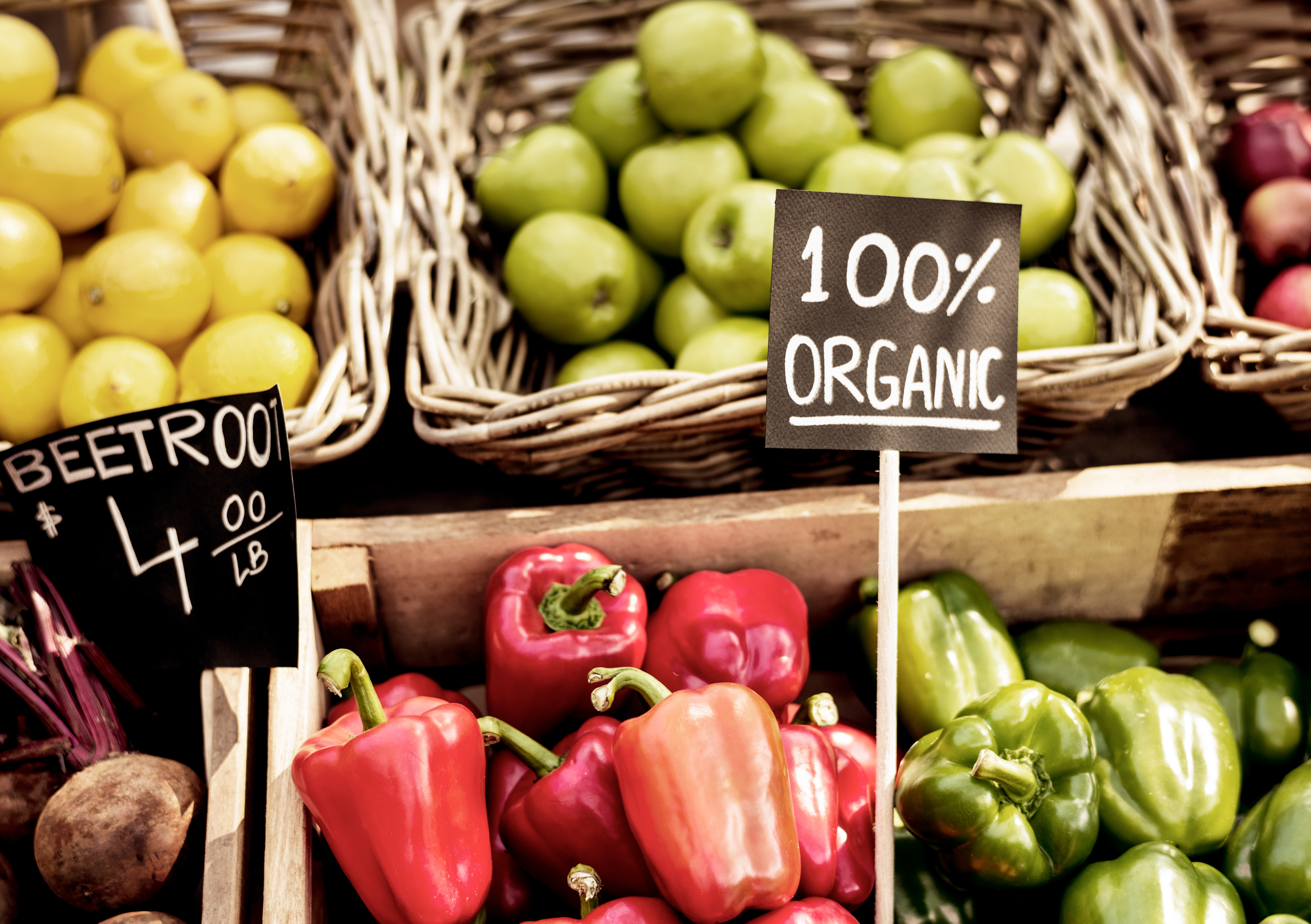New Hampshire’s Department of Agriculture announced this week that it’s discontinuing the state-run organic certification program, forcing many local organic farmers to search for new options to allow them to bring their products to markets.
To sell products labeled as organic, farmers must be certified by an accredited agent. Those that are currently using the state’s program need to find new agents or surrender their certification by April 27.
The state’s program charged significantly smaller fees than the industry standard, according to the Northeast Organic Farmers Association of New Hampshire, or NOFA-NH, meaning farmers may now face higher costs to sell organic products.
For some farmers, losing the ability to have a New Hampshire-specific certification could be an obstacle, especially those with customers focused on shopping locally, NOFA-NH said in a statement to NHPR. And as the growing season begins, the timing of the decision came as a challenge.
“It does add stress during a busy time of year when farmers are seeding all their starts and preparing for the season ahead,” the organization said.
The announcement came just days after New Hampshire lawmakers voted down a bill that would have provided about $220,000 to the state’s Department of Agriculture, Markets and Food to hire one full-time and one part-time organic certification inspector for one year.
New Hampshire Agriculture Commissioner Shawn Jasper said his agency was spending a lot of time and money on organic certification, in part because federal rules added additional requirements in the years since the state’s program began in 1987.
“And yet we never had any staff added,” Jasper said. “We just continued to do more with the same amount.”
Jasper said inspectors haven’t had time to do other kinds of inspections outside of the organic program, like looking into the sale of expired seeds, or analyzing fertilizer and feed — but when they’ve done requested inspections, they’ve found violations.
“We can't continue to do something that we don't have funding for at the expense of all these other things that many more people depend on,” he said.
State officials said they intended to continue the program through the 2024 season and reassess next year. But then, the department learned one employee would be out for 12 weeks during the growing season, and decided to end the program effective June 30, 2024.
Organic certifications for livestock, wild crops, and processing and handling were discontinued abruptly in 2021. At the time, Jasper said short staffing was the cause of those cuts, too.
When those programs were discontinued, Jasper said, he believes a number of farms decided to forego organic certification entirely due to the cost, but the state does not record numbers of farms certified by others.
Jasper said the department considered raising its fees for organic certification, but expected a number of farmers would stop using their program, and those who stayed would have to pay almost twice the cost other certifiers charge.
“We are a state without a sales or income tax,” Jasper said. “We’re essentially a department that is not supported with general funds.”
NOFA-NH said the organization appreciated that Jasper collaborated with them throughout the past few months and allowed farmers some time to prepare.
The organization said they would have liked to see the state upgrade its program and reinstate the certification programs it cut in 2021.
“Our vision includes advocating for increased state resources and technical support tailored for organic growers, particularly those contemplating a transition to organic practices,” the organization said. “Investing in organic farming will, in the long run, create more economic opportunity and resilience for NH farmers.”
Fourteen other states have their own certification programs, while the majority of accredited agents are not affiliated with state governments.
Organic farmers in New Hampshire must apply to a new agent by April 27. Getting certified by a new agent can take up to 6 months, and that process requires farmers to complete new Organic System Plans. Many farms just submitted versions of those to the New Hampshire Department of Agriculture, Markets and Food for their March 1 deadline, before the announcement that the program would end.
Guidance for switching prepared by NOFA-NH can be found here. The USDA offers a cost-sharing program that can cover up to $750 in organic certification costs.
These articles are being shared by partners in The Granite State News Collaborative. For more information visit collaborativenh.org.

